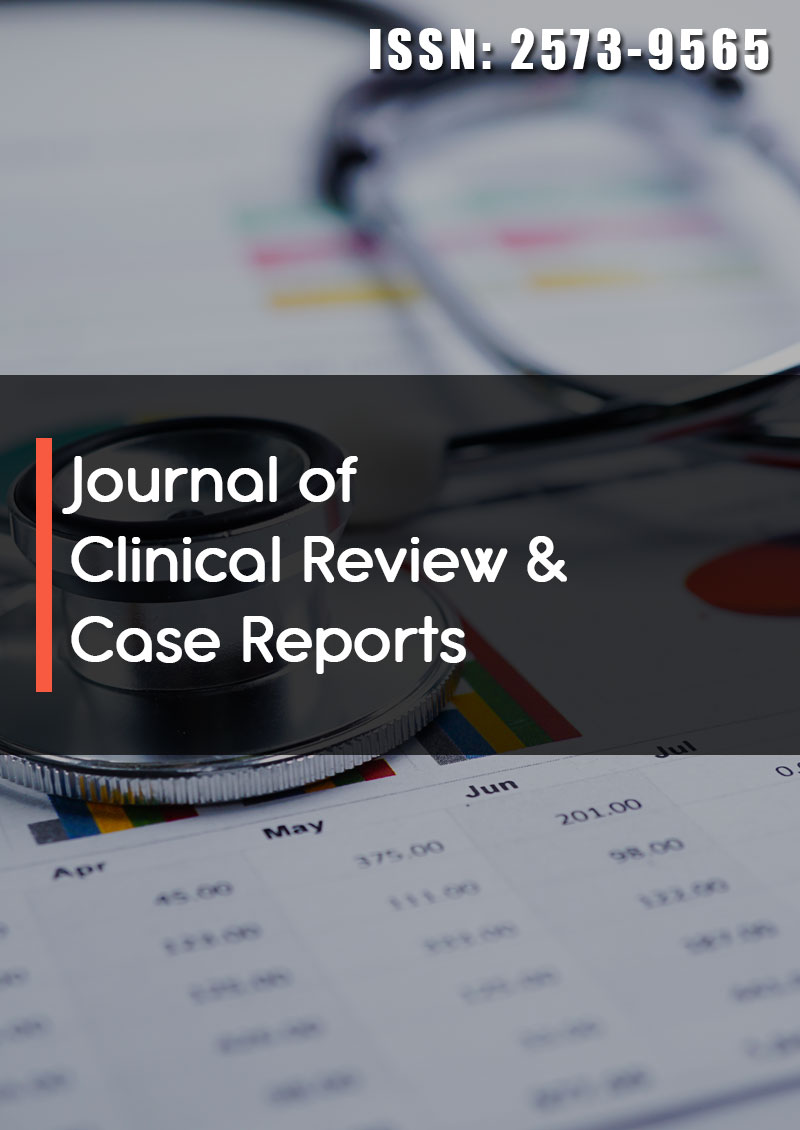Early-Onset Neonatal E. coli Sepsis in Term Infants in the Absence of Antenatal or Intrapartum Risk Factors for Infection
Abstract
Krystal Koh, Rajeswari Kathirvel and Manisha Mathur
Early-onset neonatal sepsis (EONS), an important cause of neonatal morbidity and mortality, is usually due to ascending infection from maternal genital tract or infected amniotic fluid. The most common organism is group B streptococcus (GBS), followed by Esc herichia coli (E. coli). Risk factors include maternal GBS colonization, chorioamnionitis, prolonged membrane rupture, prematurity, and intrapartum maternal pyrexia. The presentation of EONS can be varied, ranging from temperature instability to profound hypotension. We present two cases of E. coli EONS in term infants presenting as respiratory distress, without risk factors for infection. The first case is a 34-year-old female, with history of one previous caesarean section (CS), who underwent a repeat CS at 37+1 week’s gestation for obstetric cholestasis. Investigations performed on the second day of neonatal life in view of persistent respiratory distress, revealed E. coli bacteremia, complicated by septic shock. The mother developed fever on the first post-operative day due to E. coli bacteremia. The second case is a 31-year-old GBS negative primigravida with gestational diabetes, who underwent an induction of labor at 38+ 3 weeks. She had a forceps delivery for fetal distress six hours after membrane rupture. On the second day of life, the neonate had retractions and poor feeding, and blood cultures grew E. coli. There were no risk factors for EONS. The neonate rapidly deteriorated and despite extracorporeal membrane oxygenation, passed away on the seventh day of life. These cases illustrate the importance of E. coli as a cause of EONS and the need for a high index of suspicion due to the subtle presentation. Prompt recognition and treatment are important even in the absence of risk factors, as there is potential for rapid deterioration if treatment is delayed. In the presence of definite risk factors, broad-spectrum antibiotics should be considered for E. coli and GBS.



